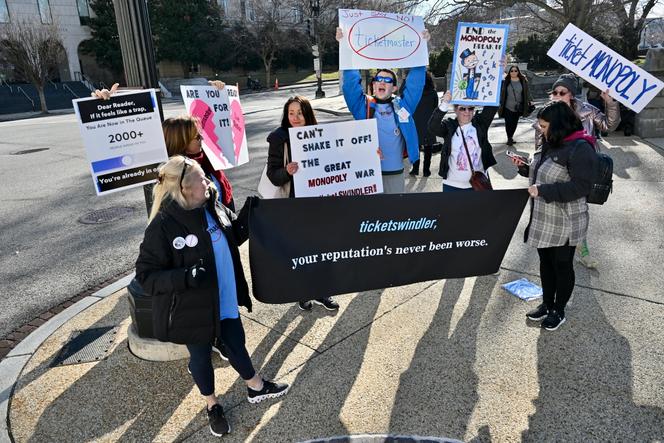


When you run into an Oasis fan wearing a T-shirt from their last tour, the question you ask isn't "Did you enjoy the concert?" but "How much was your ticket?" The ticket prices sparked global outrage. While airlines, railways, hotels, energy, e-commerce and almost every other service industry have been using dynamic pricing for years, adjusting prices according to demand, many had hoped that this practice would spare the music world. Oasis has shown otherwise. Ten million fans in 158 countries waited for hours on the Ticketmaster website to buy a ticket, only to discover that the price had jumped from €160 to €400 at the final checkout.
Echoing the flood of comments on social media, politicians have stepped in. From British Prime Minister Keir Starmer to the Irish government, the condemnation of the dynamic pricing system has been unanimous. In the United States, the ticketing company, owned by concert giant Live Nation, was already under scrutiny by federal authorities. Ticket sales for Bruce Springsteen and Taylor Swift concerts had triggered legal action by the US antitrust authorities. Even Democratic presidential candidate Kamala Harris has promised to look into the matter.
This political backlash is surprising, given that consumers are no longer naive when it comes to pricing. They accept that some markets need to adjust prices for better optimization. This theory was developed nearly 70 years ago for the electricity sector by French economist Marcel Boiteux, affectionately nicknamed "le grand Marcel" ("the great Marcel") by his peers. Known as the father of dynamic pricing, Boiteux successfully implemented his ideas at the French multinational utility company EDF, where he served as general manager and later president. This led to a real revolution: the introduction of peak and off-peak hours for electricity pricing.
In his wake, an entire generation of economists became fascinated by pricing theory and set about demonstrating the need for price elasticity in response to fluctuating production costs and margins. In the business world, this led to the development of sophisticated computerized revenue and yield management systems. These systems became crucial for industries where profitability hinges on occupancy rates, with airlines, railways and hotels having mastered the discipline.
Consumers learned to live with it. "While price variation can be resented, it is now generally accepted. It's no longer a problem to charge the maximum to those who buy at the last minute, the rich or the highly motivated, and the minimum to certain categories such as large families or students," said Philippe Moati, co-founder of ObSoCo, an observatory on consumer behavior. The economist stressed the importance of fairness and social norms. "When a price gap stems from an unjustifiable reason, it doesn't sit well. Price discrimination isn't accepted. Price discrimination is not allowed. This is clearly what happened with the concert tickets. The practice clashed with principles of fairness, especially since it was unusual in the music industry."
You have 68.9% of this article left to read. The rest is for subscribers only.
